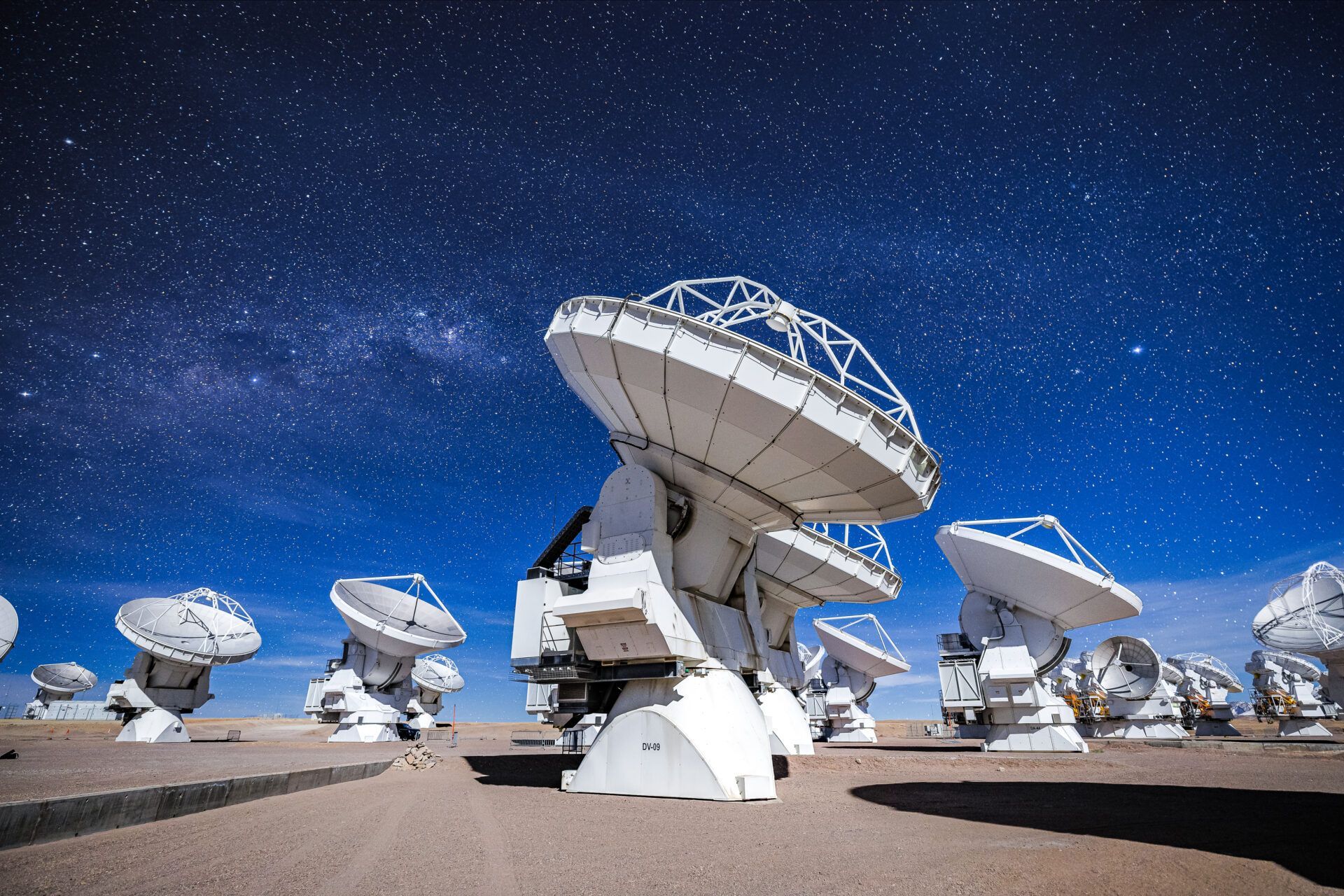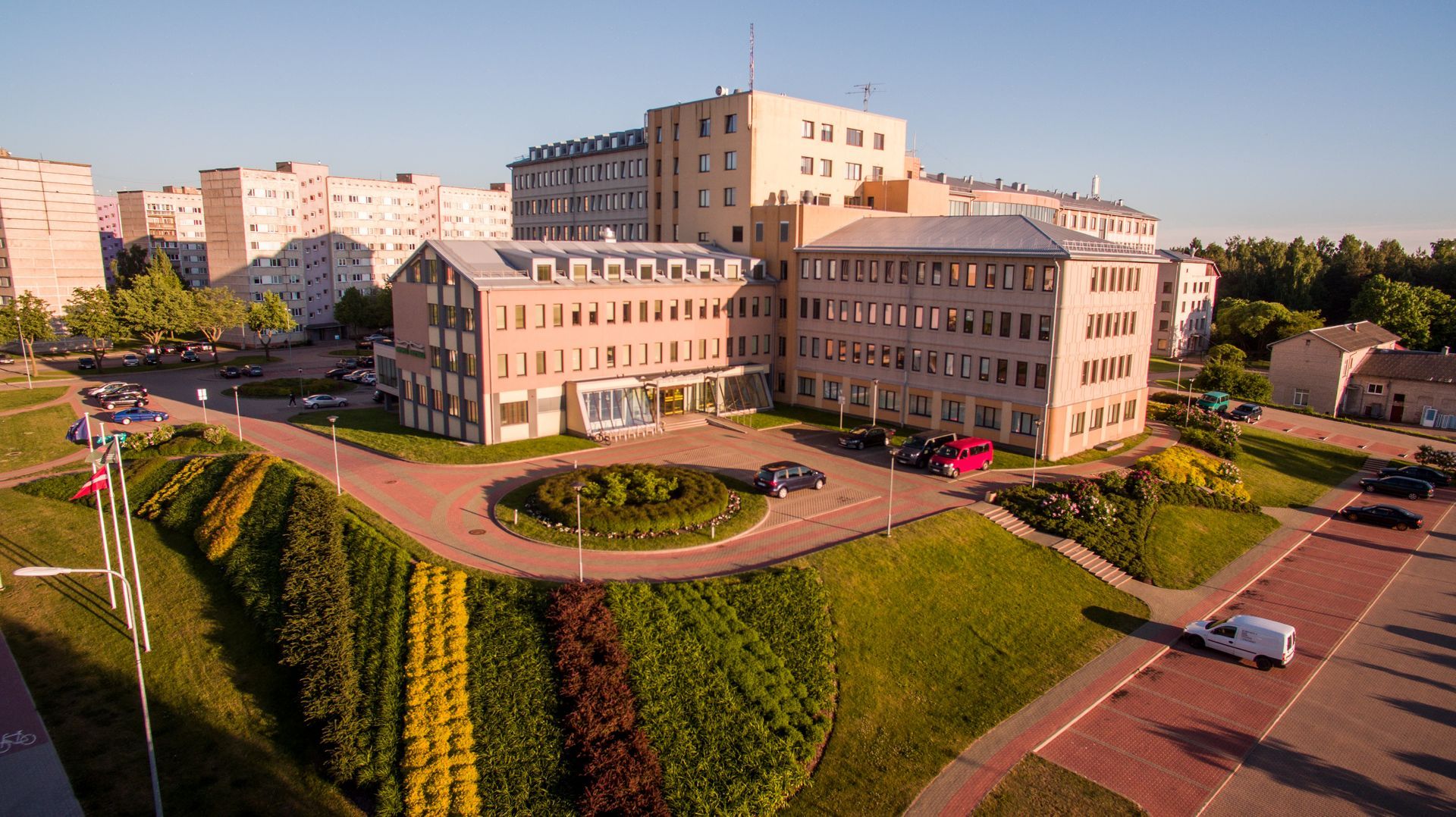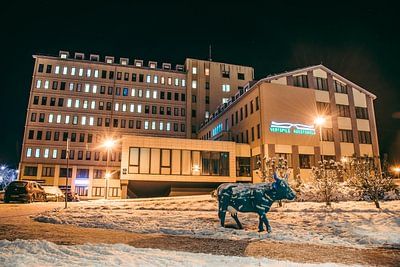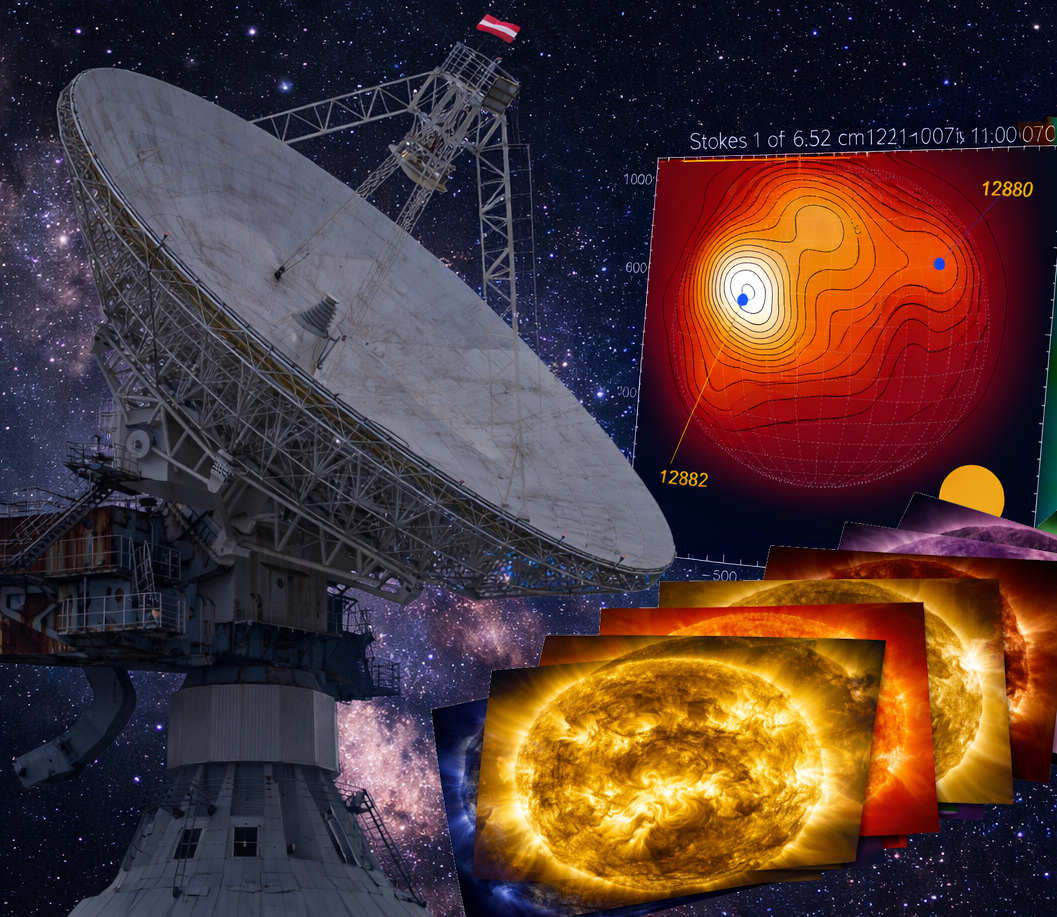Year 2020 at Ventspils University of Applied Sciences
VUAS lecturers, staff, and students have had an eventful and challenging year.
Academic achievements for students and lecturers will be assessed at the end of the academic year, but the end of December 2020 is the time to look back at what has been achieved over the last 12 months.
The year started with a significant event for the Ventspils International Radio Astronomy Center (VIRAC): on 9 January, a contract was signed with the Swedish Space Corporation.
The combination of the partner’s experience and expertise with VIRAC’s infrastructure and researchers fosters the interdisciplinary application of radio telescopes.
This year has also been full of events for the VIRAC in other areas: a new head of VIRAC, Aleksejs Klokovs, started work this year, a major research project involving 12 VIRAC scientists over three years concluded in January, and an audit of engineering and life sciences platforms took place in the second half of the year, with VIRAC staff bearing the brunt of the responsibility.
The first diplomas were received this year on 8 February, when the winter graduation ceremony took place for the graduates of the Bachelor’s study programme and the Master’s study programme
The summer graduation was held in an unusual place – the VUAS garden – where over a hundred graduates gathered the day before the summer solstice to receive their diplomas.
The graduation ceremony is a boost for attracting and enrolling new students, which delighted this summer with a new record of 300 first-year students.
There is no doubt that students are the foundation and quality of the VUAS, and that is why students’ choice to study in Ventspils demonstrates the high reputation of the VUAS and the quality of its studies.
The study process has faced major changes this year, but the university’s technical support, e-learning infrastructure, and the preparedness of lecturers have allowed this challenge to be confronted.
In mid-March, the study process successfully transitioned to an online format – lectures and classes were held via video conferencing platforms, materials were made available through e-learning systems and databases, and lecturers recorded video lectures.
This format continued throughout the year, with only a brief return-to-normal in September and October.
Surveys of students and staff revealed a generally high level of satisfaction with the quality and technical delivery of remote studies.
Significantly, at the end of June, an interactive digital classroom was opened, offering students and lecturers the latest technology to host and listen to lectures from anywhere in the world.
The classroom was equipped and set up thanks to funding from the “Modernization of Ventspils University of Applied Sciences STEM Study Programs” and “Next Generation Micro Cities of Europe” projects.
These and other project-related funds enabled VUAS to rapidly enhance study processes, administration, infrastructure, and material resources.
Let’s mention the most visible processes in which project finance and the tireless work of our fellow project managers must be thanked.
The most visible of these are the redevelopment and renovation of Block A, the modernization of STEM curricula (purchase of a laser cutter), the introduction of the Namejs record-keeping system, the engagement of a marketing agency in the university, etc.
The year 2020 proved VUAS’s strength in project acquisition and fund management, pointing to a productive 2021.
On a sunny September 1st, VUAS welcomed students and staff to the opening of the new academic year.
The matriculation ceremony was held in the university garden – the first time in 20 years that the event had taken place there.
As usual, students had the opportunity to apply for various scholarships in the first semester, and once again, interest was high.
Recipients for the Ventspils City Council ICT scholarship, the Bucher Municipal scholarship, the HansaMatrix scholarship, and the Professor Klauss scholarship were selected.
Student life also saw change as a result of elections, with a new VUAS Student Council board appointed, bringing fresh ambitions.
This year also brought new collaboration partners – the above-mentioned new partner VIRAC, VUAS signed a cooperation agreement with the University of Latvia and Ventspils Digital Centre, as well as continued fruitful cooperation with long-standing partners such as RTU, University of Liepaja, Vidzeme University of Applied Sciences, and others.
As we look back on 2020, we can see that VUAS staff have spent the year productively and are ready to take steps towards new challenges and opportunities in 2021.
Share on other platforms
Other news







